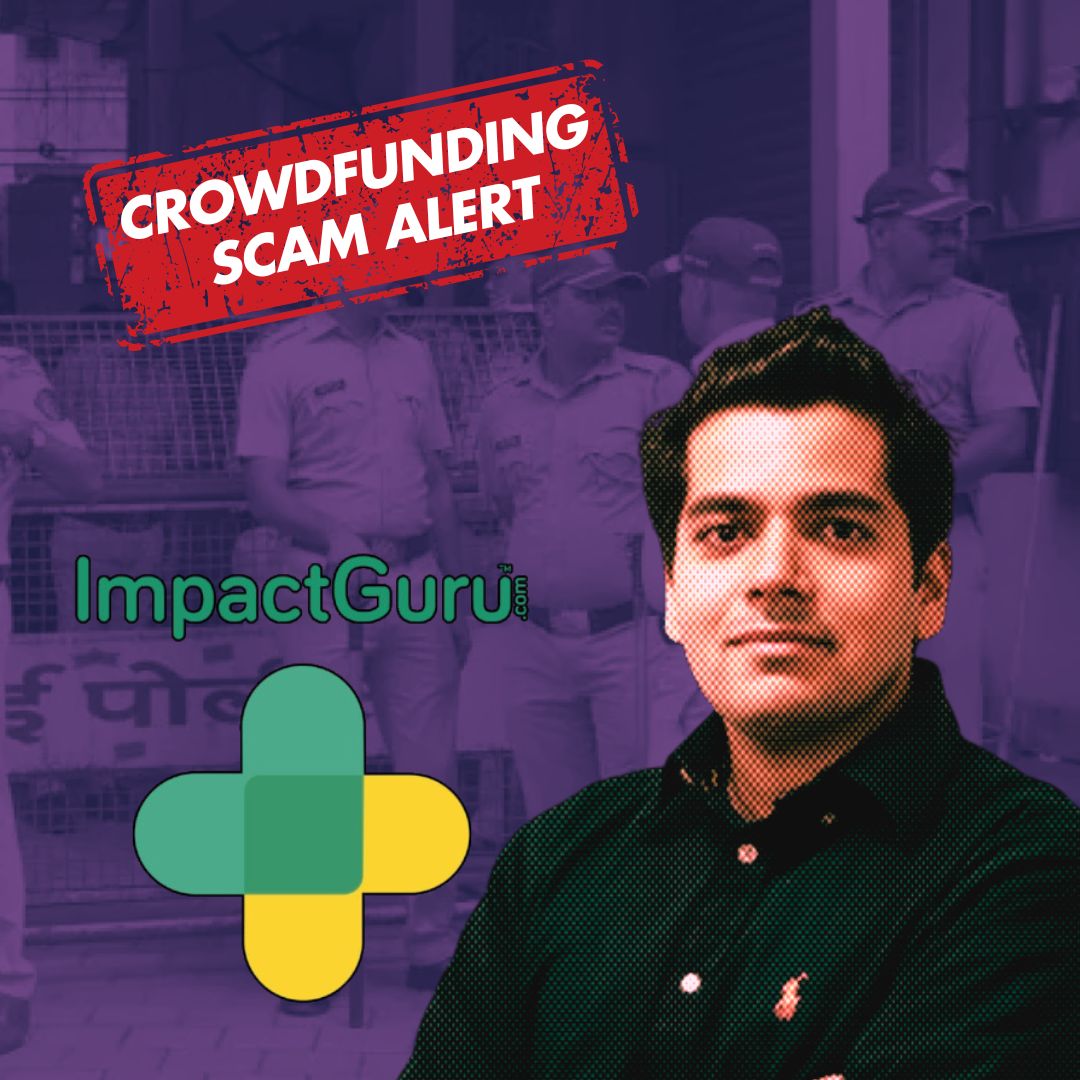The Matunga Police in Mumbai have initiated a case against three individuals, including a crowdfunding platform CEO, accused of defrauding the public of ₹4.5 crore through a fraudulent campaign for a four-month-old child purportedly suffering from Spinal Muscular Atrophy. The accused, Nikhat Khan and Naufil Kazi, claimed to be the child’s parents, while Piyush Jain, CEO of Impact Guru, facilitated the fundraising without proper verification. Following a complaint from social worker Arif Ahmed Sheikh, police are investigating charges of cheating and forgery, highlighting the urgent need for consumer vigilance in crowdfunding.
Details of the Fraudulent Campaign
The fraudulent fundraising campaign began in January 2024, claiming that the infant required ₹17 crore for urgent medical treatment. The appeal was widely shared on social media, particularly through actress Sana Khan’s Instagram account, which lent credibility to the cause. However, after Sheikh declined to assist due to the couple’s inability to provide valid medical documentation, he uncovered that funds were being misappropriated. Despite collecting ₹4.5 crore, the parents had no legitimate medical records to support their claims. Matunga Police have registered an FIR under several sections of the Indian Penal Code, including cheating and criminal conspiracy, as they track the flow of funds to ensure accountability.
Background on Crowdfunding Risks
This incident is part of a broader concern regarding the rise of fraudulent crowdfunding campaigns that exploit public goodwill. Experts have raised alarms about the lack of regulation in this sector, which often allows scams to flourish unchecked. Piyush Jain has publicly called the allegations frivolous and warned of potential legal action against Sheikh for what he describes as a threat to genuine fundraising efforts. Dr Prashant Mishra, a cardiologist who has previously flagged suspicious campaigns, emphasizes the importance of verifying claims before donating. He advises potential donors to thoroughly investigate fundraising appeals and consult medical professionals when necessary.
Expert Advice on Safe Crowdfunding Practices
To safeguard against potential scams, experts recommend several best practices for donors:
1. Verify Claims: Always check the legitimacy of medical documents and hospital admissions.
2. Research Fundraisers: Investigate the crowdfunding platform’s reputation and past campaigns.
3. Consult Professionals: Seek advice from medical professionals or trusted sources before contributing.
4. Report Suspicious Activity: Notify authorities or crowdfunding platforms about any fraudulent campaigns.
The Logical Indian’s Perspective
This case underscores the critical need for awareness and caution when engaging with crowdfunding campaigns. As a community dedicated to empathy and social responsibility, we must advocate for transparency and accountability in fundraising efforts. How can we collectively enhance our protective measures to ensure that charitable contributions reach those who genuinely need them? Your insights and experiences could help foster a safer environment for all contributors.











